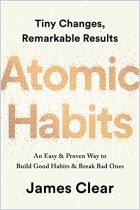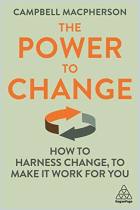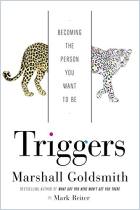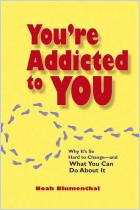Psychologist and professor Art Markman offers a plan of action to develop new behaviors you want to achieve. He explains why doing something positive using his “Go System” does more to create internal change than exercising willpower, which he calls the “Stop System.” He guides you through making changes in your environment and relationships. Markman offers examples and exercises to explain how his system works and how being systematic makes change possible. He provides instructions and exercises to help you start developing new habits and offers a toolkit for managers and coaches who help others launch and sustain personal change. getAbstract recommends Markman’s advice to anyone looking to make personal or professional changes.
The System of Habits
People may want to change but often lack the tools to establish new habits. Most people maintain their current habits because that’s simpler and smoother than changing. Just deciding to change isn’t enough. Your brain wants to cling to ingrained habits. It likes to repeat things that already work. It doesn’t like learning new behaviors, because that takes energy and effort.
First, consider “why you act as you do.” Habits are the brain’s way of minimizing work. For instance, you don’t learn the location of the light switch to get a prize. You remember it because knowing it helps you turn on the light without having to think about it. Since habits are set behaviors, they can be hard to modify – particularly if cravings trigger a behavior. To create “Smart Change,” you need to know which behavior isn’t working for you, identify what causes it and develop exercises to alter it. Consider the following two systems for changing a habit:
The first tool in implementing a smart change is taming “the Go System,” which motivates you to adopt new behaviors. This guides you to identify what you want to change, figure out what triggers that behavior and...
Art Markman, PhD, who consults with firms across the US, also wrote Smart Thinking and Habits of Leadership. He contributes to Fast Company, Psychology Today and HuffPost.




















Comment on this summary or Démarrer une discussion